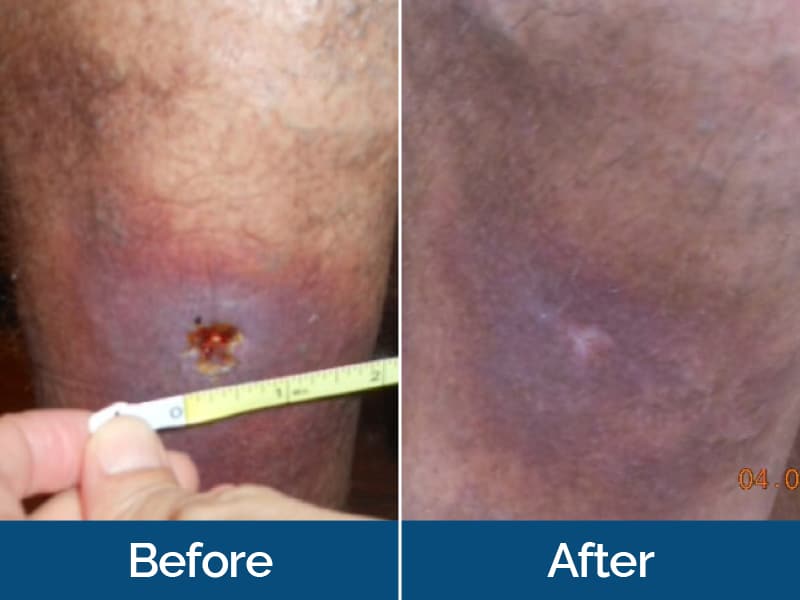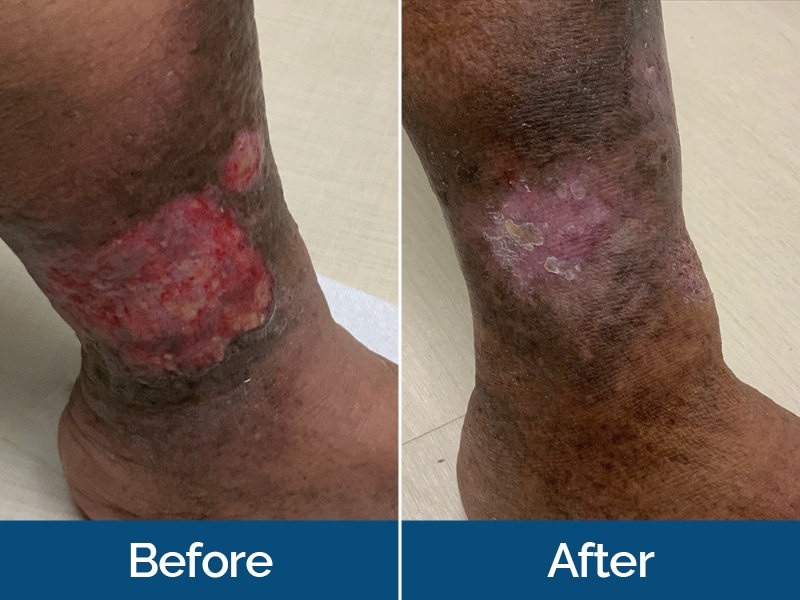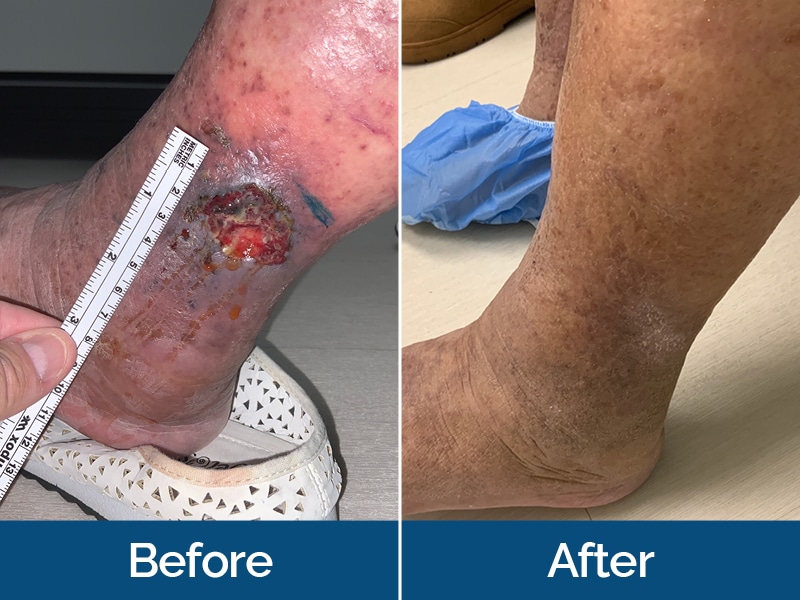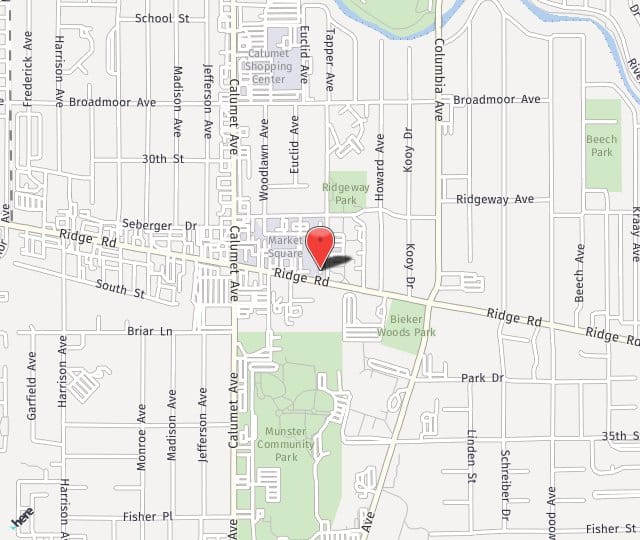What are Venous Ulcers?
Have you heard of venous ulcers? They’re wounds that keep coming back or don’t heal for a long time, usually found in the lower legs. The leading cause of venous ulcers is poorly functioning veins, which can become quite challenging to treat if left untreated. This is why it’s important to identify the problem early on and get proper treatment.
Venous ulcers are a common complication of venous insufficiency – a condition where the veins in the legs cannot adequately pump blood back up to the heart. This results in blood pooling in the lower legs, leading to symptoms like leg swelling, pain, and skin changes.
What are the symptoms of Venous Ulcers?
The skin changes associated with venous insufficiency typically start with discoloration, itching, and thickening of the skin in the lower legs. Over time, the skin may become increasingly fragile and develop small, shallow sores that heal slowly or not at all. If left untreated, these sores can grow larger and become deep, painful ulcers that are difficult to treat.
Diagnosing Venous Ulcers
To diagnose venous ulcers, we perform a physical exam and may also order imaging tests like a duplex ultrasound to assess the blood flow in your veins. Treatment typically involves addressing the underlying cause of venous insufficiency, which may include procedures to close or remove diseased veins, compression therapy to improve blood flow, and wound care to promote healing.
Treating Venous Ulcers
At Region Vein, we offer a range of minimally invasive treatments for venous insufficiency, including endovenous laser therapy, radiofrequency ablation, and sclerotherapy. These procedures can be performed on an outpatient basis with minimal discomfort and downtime. We also provide customized compression therapy to help manage your symptoms and promote healing.
If you’re experiencing leg swelling, skin changes, or persistent wounds on your legs, don’t wait to seek treatment. Venous ulcers can be a serious and debilitating condition, but with proper care, most people can achieve significant improvement in their symptoms and quality of life. Schedule an appointment online or call 219-595-3095 to contact our office.





